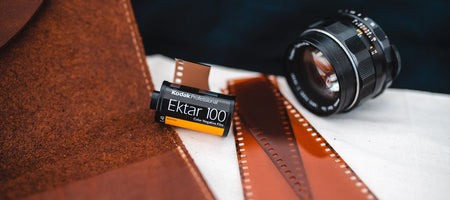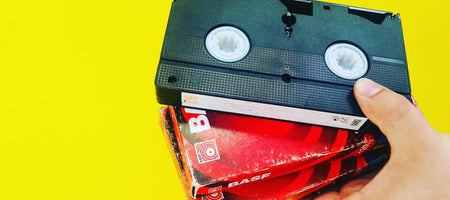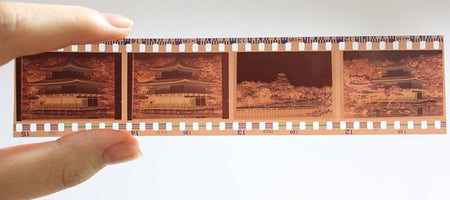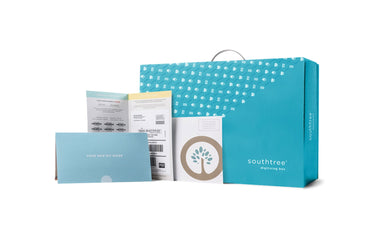Are your tapes sitting in a closet, basically forgotten to the world? Are they stuffed in boxes and hidden from view like a reverse Christmas present? Are they even still useable?
If you’re not sure about the answers to any of those questions, this is the article for you. I’m going to give you three strategies to get your tapes organized. Two of the strategies are actually about organizing the tapes well, and the other one is about keeping them preserved for posterity.
Tapes are cool. They’re a throwback to a time when Blockbuster was king, Jyncos were on my rear, and there wasn’t any reason to worry about what kind of insanity your toddler was accidentally going to stumble across on YouTube today. It was a simpler time.
But this article is about how to organize tapes, not protect your child from the dregs of the internet (If you know, please tell me). These are three strategies to mold into your own image in order to get your tapes organized like a pro.
1. Label the tapes
This might be the most important--and most fun--step. The most important part of any organization journey is to figure out how it needs to be organized. It’s also the most difficult. For tapes, it’s all about the label. Get some plain stickers, and get to watching your old tapes. Whether you choose to label your tapes by year, main character (dad, mom, grandma, kids), or something else completely, identifying what’s most important for organizing is the first step. If you’re an overachiever, you can color code them too.
2. Get a storage vessel
Even though the film inside of tapes has a very short shelf life--about 30 years--there are ways to extend its life. The best way to do that is to make sure that your box is up to the task. I recommend Tupperware crates with plenty of storage space and a tightly attaching lid. The goal is to keep damaging particulates off and away from your tapes. You’ll also want to keep moisture out. Wetness can wreck your tapes and lead to mold, fungus, and other damaging growths. That just sounds gross. Use a leftover packet of silica gel to make sure there’s no extra humidity in the box to ruin your tapes.
3. Get them digitized
Maybe the most important piece of advice in this article, the best thing you can do to ensure that your home videos are preserved forever is to digitize them. Film only lasts around 30 years or so, which means that some of your tapes are getting to be at the end of their life’s journey soon. It would be completely tragic to lose out on some of the invaluable memories that you have captured on those tapes because you let them slowly degrade over time. Digitizing those tapes ensure that their contents--really, that’s what makes them valuable anyway--lives on.
There’s a reason that tapes aren’t really around anymore. They’re bulky, have a very limited lifespan, don’t look all that cool, and rewinding is a total pain in the rear end. Storing them properly can extend their lastability, but they’re never going to be artifacts that people look at in 200 years. They just weren’t made for it.
There are ways to organize them while you’re storing them--put them in order by year, subject, or object, but there’s really no point in organizing them if you’re never going to watch them again. That’s why the best organization you can do for your tapes is actually hardly organization at all. It’s getting your tapes turned into something else other than tapes through digitization.













